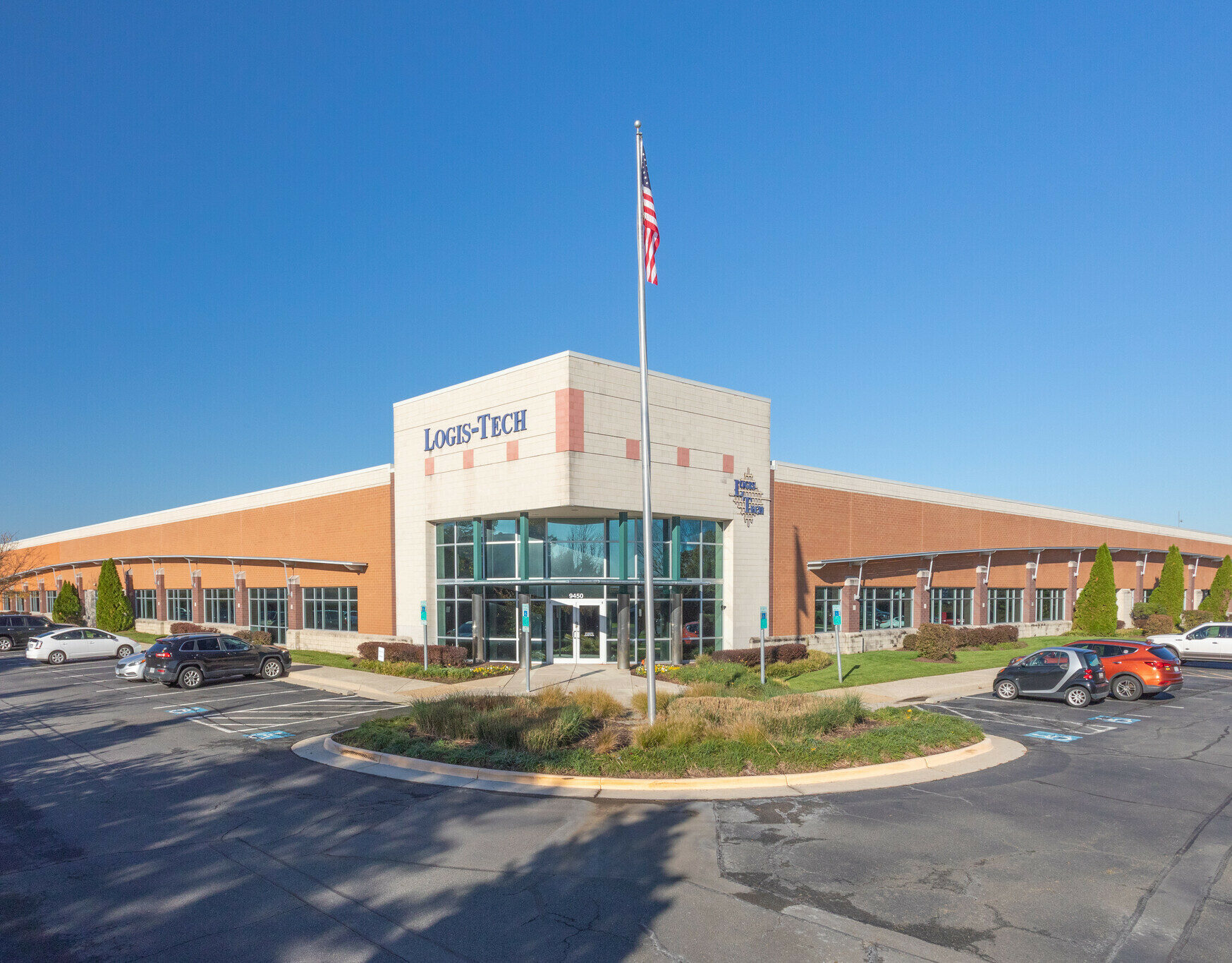
On May 3, 2023 the SBIR Final Policy Directive was published in the Federal Register, superseding previous SBIR policy and clarifying the SBIR Program. This Final Policy Directive clearly mandates the legislative intent of Congress to promote the SBIR Program as a means to stimulate the economy by growing small businesses that participate in the SBIR Program. Specifically, the Final Policy Directive highlights the utilization of ‘sole source’ Phase III contracts to SBIR awardees who have successfully completed Phase I and Phase II contracts. The following is a synopsis of some of the Phase III highlights taken from the Federal Register:
- No Competition Necessary to Award a Phase III Contract. The competition for SBIR Phase I and Phase II awards satisfies any competition requirement of the Armed Services Procurement Act, the Federal Property and Administrative Services Act, and the Competition in Contracting Act. Therefore, an agency seeking to fund a SBIR Phase III contract is not required to conduct another competition in order to satisfy those statutory provisions.
- Congressional Preference for Phase III Sole Source Awards. Congress intends for all of the Federal Government to give ‘sole source preference’ to the SBIR awardee that developed the technology to the greatest extent practicable.
- Phase III Contracts may be for products, production, services, R/R&D, or any combination thereof of the SBIR technology.
- No Justification and Approval (J&A) Necessary for Sole Source Awards. A J&A is not required to award a sole source contract with a SBIR Phase III awardee, but if an agency wishes to prepare one, it is sufficient to state in the J&A that the project is a Phase III SBIR award derived from prior SBIR contracts and is authorized under 10 USC 2304(b)(2) or 41 USC 3303(b).
- No Limit on Phase III Awards. There is no limit on the number, duration, type, or dollar value of Phase III awards made to a SBIR awardee or the time that may elapse between Phase III awards.
- Duty to Report to Congress if Phase III is Not Awarded. Agencies must report to Congress if a SBIR awardee that developed the technology is not awarded a follow-on Phase III contract. The intent of the SBIR Program is to grow small businesses through Phase III contracts. Therefore, if an agency makes a follow-on award to a business concern other than the one that received the Phase I and Phase II award, it shall be reported to Congress.
- Phase III Awardees Do Not Have to be a Small Business Concern (SBC). Congressional intent is to stimulate the economy with the SBIR program by growing small businesses within the SBIR Program, thereby creating new employment and income. The Final Policy Directive states that the small business size limits do not apply to Phase III awards.
- SBA Has Appeal Rights. The SBA may appeal any decision not to award Phase III contracts to the business concern that developed the technology.





